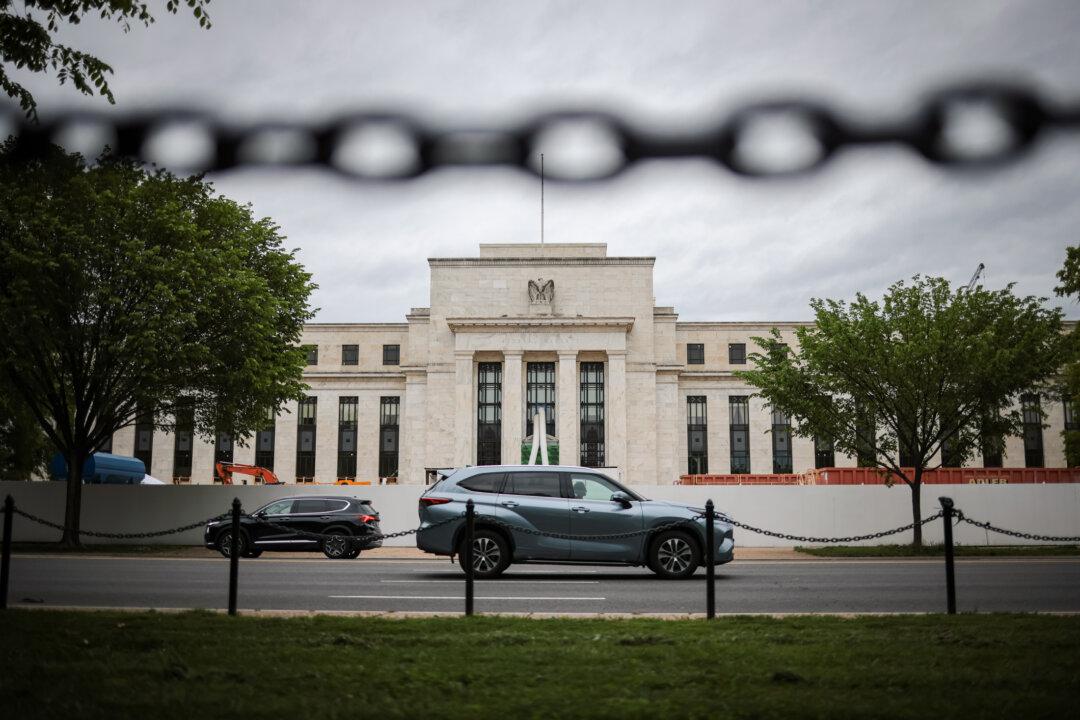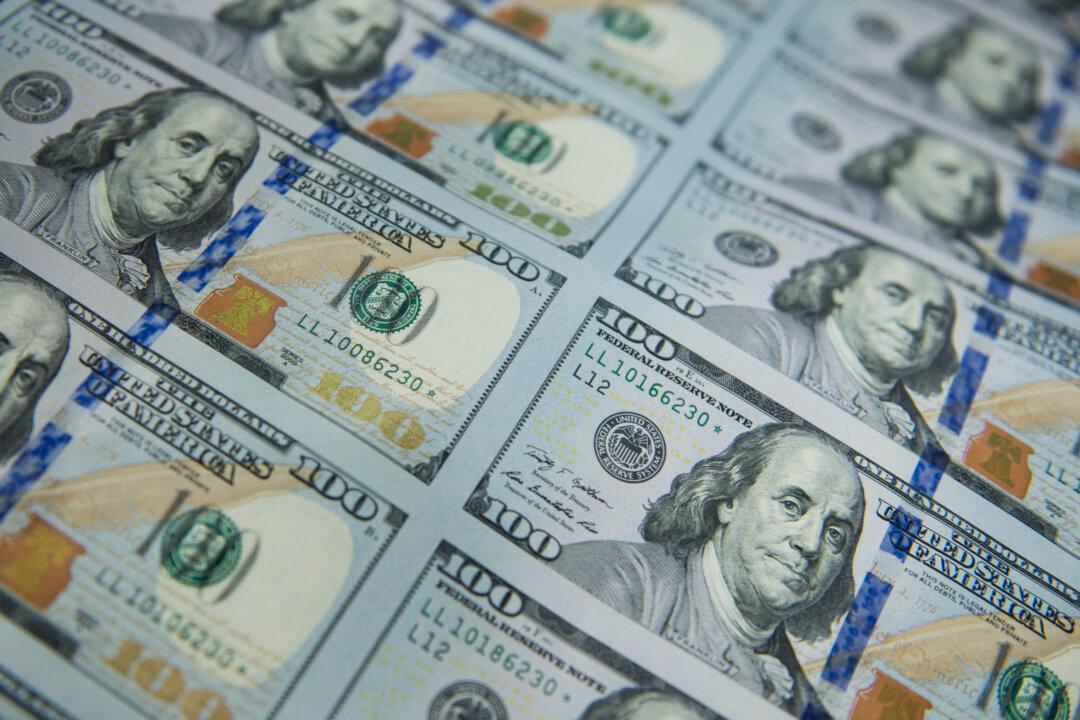Commentary
While the U.S. presidential election is the focus and former President Trump’s trade is the theme, what really moves the market seems to be the interest rate change. Central banks are already cutting or planning to cut rates soon. The very first intuitive gut feeling is that this will do good to both the market and the economy. However, a series of countercyclical interest rate cuts as a cycle, whether pre-emptive or under pressure, signals something wrong. The traditional wisdom says to sell when the Fed begins a cut cycle. This has been true over the past three decades.





